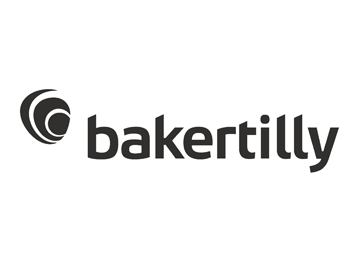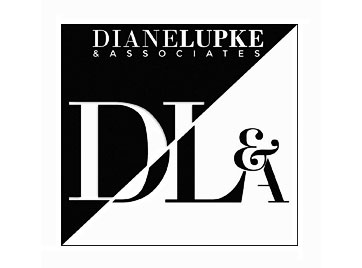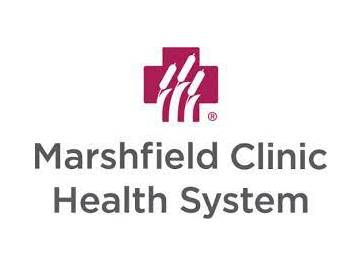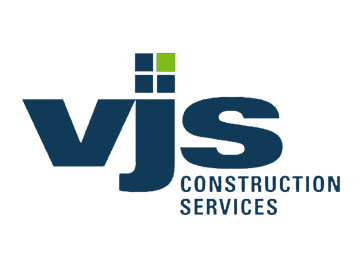WEDA Legislative Update:
What’s On Tap for WEDA this Fall Under the Capitol Dome
Since the Wisconsin Legislature wrapped-up their work on the state budget bill – which Gov.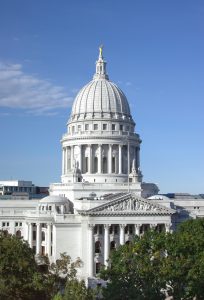 Tony Evers signed into law on July 5 – the halls of the State Capitol have been relatively quiet as lawmakers enjoyed their “summer recess.” But now that Labor Day is behind us, legislative actively is quickly ramping up in what is expected to be a busy fall floor session for the Legislature.
Tony Evers signed into law on July 5 – the halls of the State Capitol have been relatively quiet as lawmakers enjoyed their “summer recess.” But now that Labor Day is behind us, legislative actively is quickly ramping up in what is expected to be a busy fall floor session for the Legislature.
While the budget bill included some exciting new initiatives and increased funding for key economic development programs – such as $525 million for four different workforce housing revolving loan funds – there were some disappointments too. Chief among them was the Governor’s veto of a key talent attraction initiative, which was a top state budget priority for WEDA.
Fortunately, WEDA continues to focus on our legislative priorities, and we are well positioned to work on a handful of key bill proposals this fall and through the remainder of the legislative session. Please find below a brief overview of WEDA’s legislative agenda this fall:
- Talent Attraction: As was mentioned above, a $4 million talent attraction initiative (which focused on military veterans) was vetoed from the budget bill. However, WEDA will continue to work on the issue and actively lobby for legislation (AB 287 / SB 284) introduced earlier this session that would provide $5 million to WEDC to administer a statewide talent attraction campaign focused specifically on veterans and active-duty military personnel transitioning out of the U.S armed forces.
- Workforce Housing: Although the budget bill included funding for several new workforce housing revolving loan funds, there is still work to be done on the housing front. In short, there is not enough affordable housing to meet the needs of Wisconsin workers and their families. It is a key factor in the state’s workforce shortage crisis and is a huge impediment to recruiting and retaining employees for Wisconsin employers. In an effort help encourage the construction of much-needed housing, WEDA is actively lobbying on legislation (AB 39) that would Increase the allowable amount of annual tax credits allocated under the state’s Low-Income Housing Tax Credit Program from $42 million to $100 million. The legislation would also require the state, if possible, to direct at least 35% of the tax credits each year for housing projects in rural areas.
- Childcare Access: Employers across Wisconsin are facing unprecedented hiring challenges, and one of the reasons behind the state’s workforce shortage is the lack of access for families to childcare. While childcare remains an important family issue, it is also a growing business issue that has a significant impact on employers and their ability to meet their labor needs. This fall, WEDA will be working on a handful of childcare bills that aim to increase access to quality childcare and reduce costs for families. Among the legislative proposals that may be considered by the Legislature include a tax credit or grant program to offset costs for employers that provide childcare benefits for their employees; tax-advantaged accounts to help families cover childcare costs; a loan program for childcare providers to upgrade their facilities; and a number of regulatory reforms for the industry.
- Business Development Tax Credit: WEDA will be working on a legislative proposal to modernize the state’s Business Development Tax Credit to ensure it aligns with current economic realities and remains a powerful business attraction and expansion tool. More specifically, the bill proposal aims to significantly deemphasize job creation as an eligibility requirement for the tax credit, and instead shift eligibility focus to capital investment and job retention.
The WEDA Government Affairs Team will keep members fully updated on the latest developments in the State Capitol in the coming months and through the rest of the legislative session.
Political Quick Notes:
- Republican lawmakers recently unveiled a new $2.9 billion tax cut bill (Assembly Bill 386). The bill represents the latest attempt by the Republican-controlled legislature to pass a major tax cut this session and is in response to Gov. Evers vetoing the $3.5 billion income tax cut plan the GOP included in the budget bill. This new tax cut plan, which appears to be on the fast track in the Assembly, is aimed at the third-highest tax bracket ($36,840-$405,550 for married couples, or $27,630 and $304,170 filing independently) and would decrease rates from 5.3% to 4.4%. Earlier this week, the Assembly Ways and Means Committee voted the bill out of committee on a 9-3 partisan vote.
- In early August, Janet Protasiewicz was sworn in as a new justice of the Wisconsin Supreme Court. Protasiewicz, who has positioned herself as a judicial liberal, defeated former Justice Dan Kelly in the April 4 spring general election, replacing two-term Justice Patience Roggensack, who did not seek reelection. More notably, Protasiewicz’s addition to the state’s high court shifted it from a majority conservative court to a majority liberal one. With the ideological swing to a 4-3 advantage in favor of liberals (at least for the next two years), the court is expected to issue several high-profile judicial decisions that could impact the political landscape in Wisconsin. Among the hot-button issues that may be determined by the court include voting and election rules, redrawing legislative district maps, the future of abortion and reproductive rights in Wisconsin, and overturning the law that eliminated bargaining rights for most state and local government employees.
- Last month, Assembly Minority Leader Greta Neubauer (D-Racine) appointed Rep. Deb Andraca (D-Whitefish Bay) to serve on the Legislature’s powerful budget-writing committee – the Joint Finance Committee – for the remainder of the 2023-2024 legislative session. Andraca replaces Rep. Evan Goyke (D-Milwaukee) on the committee. Goyke stepped down from the post to focus on his campaign for the position of Milwaukee City Attorney. The 16-members Joint Finance Committee is comprised of lawmakers from both the Assembly and Senate, with 12 Republicans and four Democrats.




